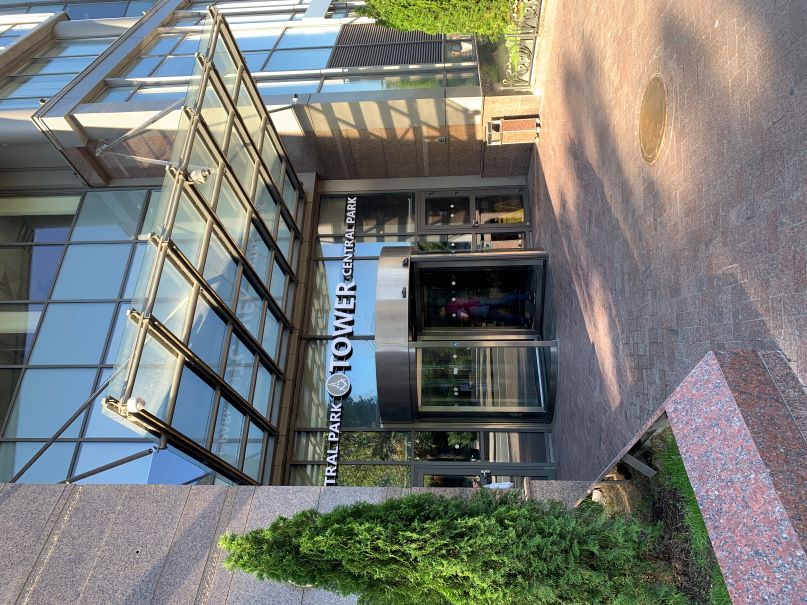Russia: New Amendments Would Allow Use Of Inventions Without Permission Of Patent Holders
18.04.2016The Russian government is considering approval of a package of controversial amendments to national legislation that would allow the use of inventions without the permission of patent holders.
That will be in accordance with the recent initiative of the Russian Federal Anti-Monopoly Service (FAS), according to which Russia should have a practice of forced transfer of licences for use of inventions within the territory of the country.
There is a possibility that these amendments may be included in the Russian Civil Code in the coming months, and, according to an official spokesman of FAS, this will be a kind of punishment for those foreign producers that abuse their dominant position in the Russian market.
According to FAS, many rights holders (especially foreign) at times refuse the local production or export to the Russian market of some socially important and vital products (such as drugs and medical equipment) without acceptable reasons.
To date, the Russian government has not had an opportunity to change the situation, but there is a possibility it will receive such a right if the recent proposal of FAS is approved.
Under the FAS proposal, patent holders whose activities create an artificial shortage of a particular product in the market will be forced to licence its production in Russia to a local company.
Such forced sale would take place in accordance with the decision of the Russian court.
An opportunity to submit a petition to the court will be provided to the FAS itself as well as to the domestic company seeking to produce a particular product but which obtained a refusal for the purchase of a patent from the patent holder.
According to FAS, the proposed initiative does not violate any international standards, as the existing World Trade Organization Agreement on Trade-Related Aspects of Intellectual Property Rights permits the use of the objection of a patent without the consent of the right holder, if permitted by national legislation of a WTO member.
According to Sergey Puzyrevsky, deputy head of FAS, the new amendments will allow purchase of a licence for any product whose manufacturer acts as a monopoly in the Russian market. Puzyrevsky added that it only will be possible to transfer the patents of companies that operate in Russia.
Compulsory licensing is already permitted by the Russian Civil Code, if the patent holder does not use his invention for three years, however this norm almost has not been used in practice. The proposed amendments extend this rule.
The new amendments introduce additional reasons for the forced purchase of licence, and in particular the market scarcity and monopoly position. If the court agrees with the requirements, the licence will be bought at market conditions and for a limited time.
The adoption of new anti-monopoly regulations in the field of intellectual property has been discussed in Russia for several years, which took place along with the so-called third and fourth antimonopoly packages.
After the numerous protests by foreign businesses operating in Russia, FAS agreed to delete the new rules from the amendments to the existing Russian federal law on competition, however FAS head Igor Artemyev warned that the government will propose such amendments in the future.
In the meantime, the planned amendments have already been criticised by producers.
According to Alex Popovic, CEO of the Association of Branded Goods Manufacturers in Russia, prior to a final approval, the new amendments should be discussed with industry experts, as intellectual property is a unique law which stimulates new developments.
According to him, the approval of the amendments may create additional risks in the localization of innovative high-tech products in Russia. At the same time, this may also result in the decline of quality of goods produced by the transferred licence.
Vladimir Shipkov, executive director of the Association of International Pharmaceutical Manufacturers, a public association which unites foreign pharmaceutical business in Russia, called compulsory licensing a form of raiding from the state.
According to him, it does not guarantee a reduction in the price, but will ensure that the affected producers will withdraw the original products from the market and cease to introduce new technologies.
http://www.ip-watch.org/2016/04/18/russia-new-amendments-would-allow-use-of-inventions-without-permission-of-patent-holders/

